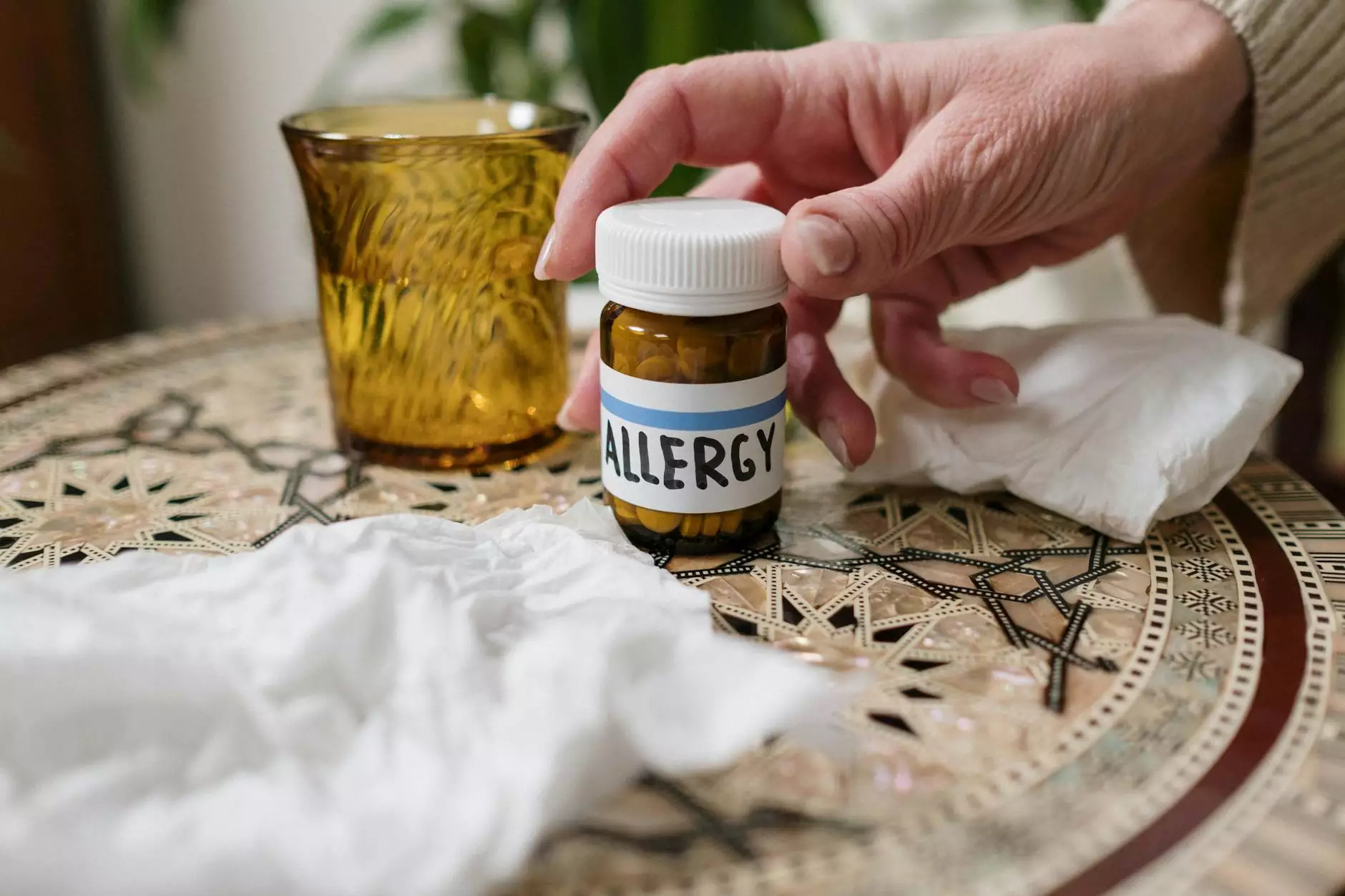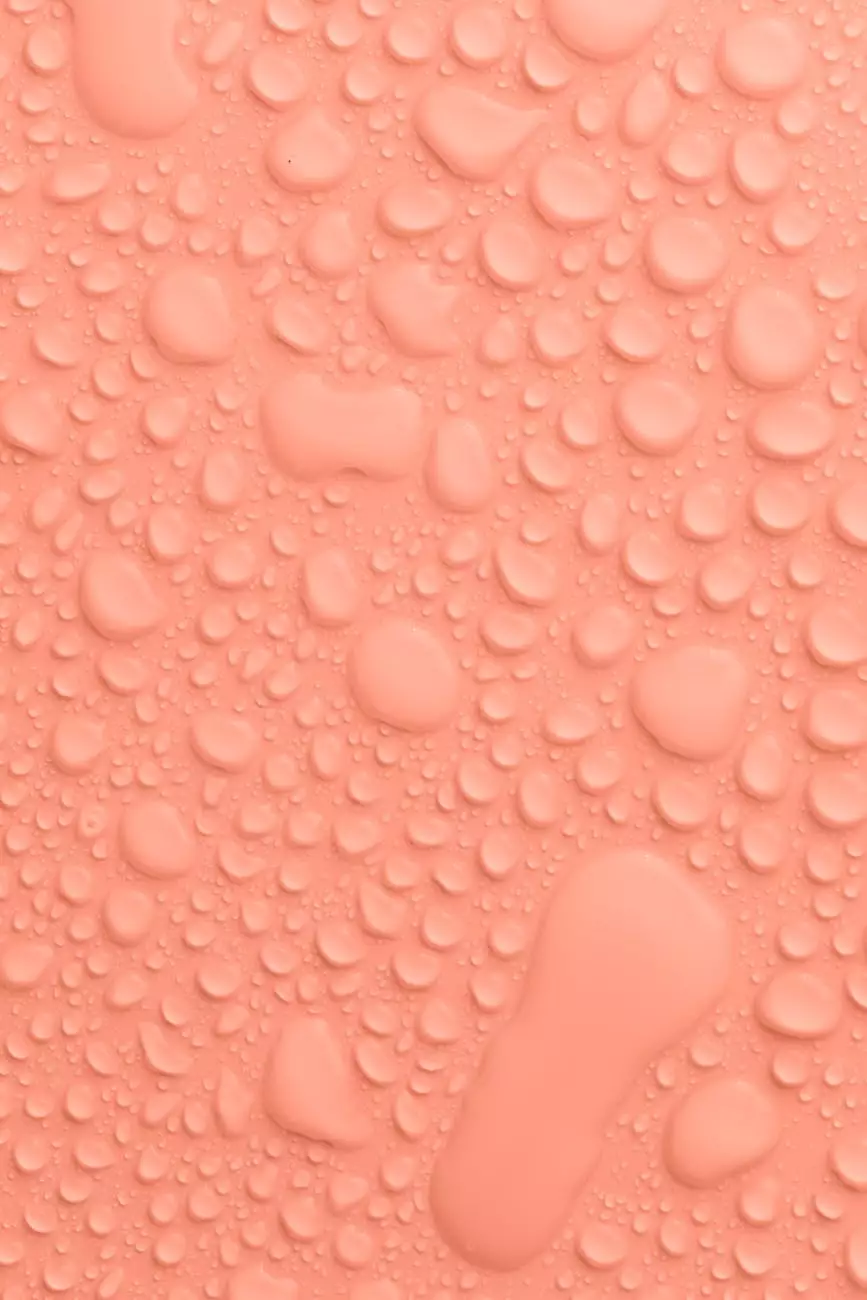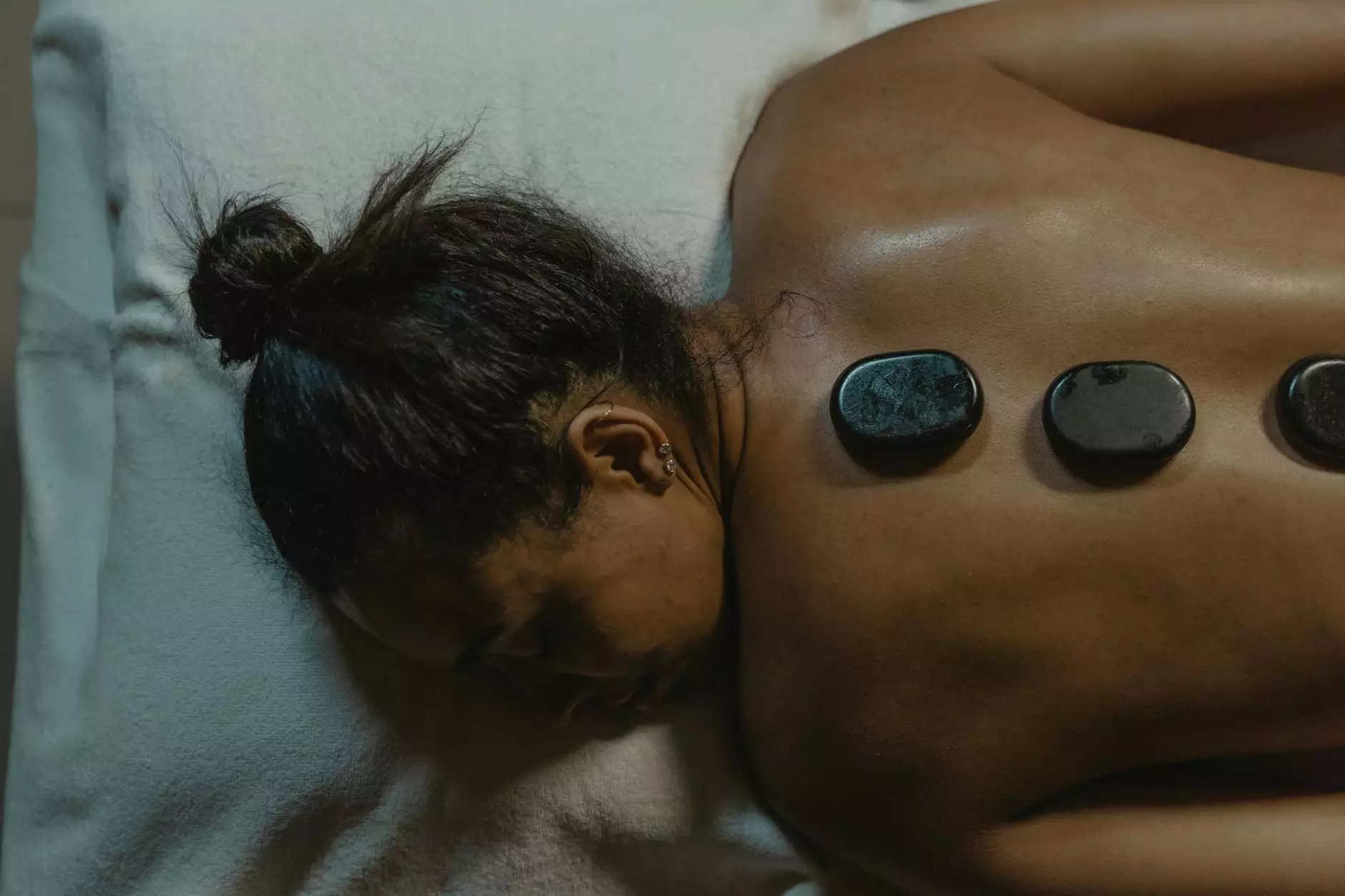Do Dust Mites Bite?
Blog
Welcome to the Southside Fixtures blog where we delve into the fascinating world of household pests. In this article, we'll address a common question: do dust mites bite? Dust mites are microscopic organisms that can impact your health, and understanding their behavior is crucial for effective pest management.
What Are Dust Mites?
Dust mites are tiny, eight-legged creatures that belong to the arachnid family. While they may resemble insects, they are actually more closely related to spiders and ticks. Dust mites feed on human and animal skin flakes, which are shed regularly and can be found in abundance in household dust.
Can Dust Mites Bite?
Contrary to popular belief, dust mites do not bite humans. They have no mouthparts capable of biting or stinging. However, their presence can still cause allergic reactions in sensitive individuals. Dust mite allergies are often triggered by exposure to their fecal matter and body fragments, which can become airborne and inhaled.
Allergic Reactions to Dust Mites
If you experience symptoms such as sneezing, coughing, itchy eyes, or a runny nose, it's possible that you have a dust mite allergy. These allergens can also trigger asthma attacks in some individuals. It's important to note that while dust mites do not bite, their presence can exacerbate existing respiratory issues.
Preventing Dust Mite Infestations
To minimize the presence of dust mites in your home, follow these preventive measures:
- Regularly vacuum carpets, upholstery, and curtains
- Wash bedding in hot water (above 130°F or 54°C) to kill dust mites
- Use allergen-proof covers on mattresses, pillows, and comforters
- Keep humidity levels below 50% to inhibit dust mite growth
- Remove stuffed toys or wash them regularly in hot water
Controlling Dust Mite Allergens
While dust mites cannot be completely eradicated, you can take steps to reduce exposure to their allergens:
- Use a high-efficiency particulate air (HEPA) filter in your vacuum cleaner and air purifiers
- Consider using allergen-blocking sprays or treatments on fabrics
- Remove or minimize carpeting in your home, opting for hard flooring instead
- Frequently dust surfaces with a damp cloth to avoid stirring up allergens
- Regularly wash and dry bedding on high heat to kill any potential allergens
Consulting Pest Control Professionals
If you continue to experience severe allergic reactions despite following preventive measures, it may be necessary to consult pest control professionals. They can assess your home for potential dust mite infestations and provide targeted treatments to significantly reduce allergen levels.
Conclusion
While dust mites do not bite, their presence can still have a significant impact on your health, especially if you have allergies or asthma. By implementing preventive measures and taking steps to reduce exposure to allergens, you can effectively manage dust mite populations in your home. Remember, regular cleaning and maintenance are key to creating a healthy and pest-free living environment.
For more information and expert assistance, contact Southside Fixtures, your trusted partner in ensuring a pest-free home. We specialize in business and consumer services in the real estate industry, providing you with valuable insights and solutions to all your pest-related concerns. Let us help you create a safe and comfortable living space!









